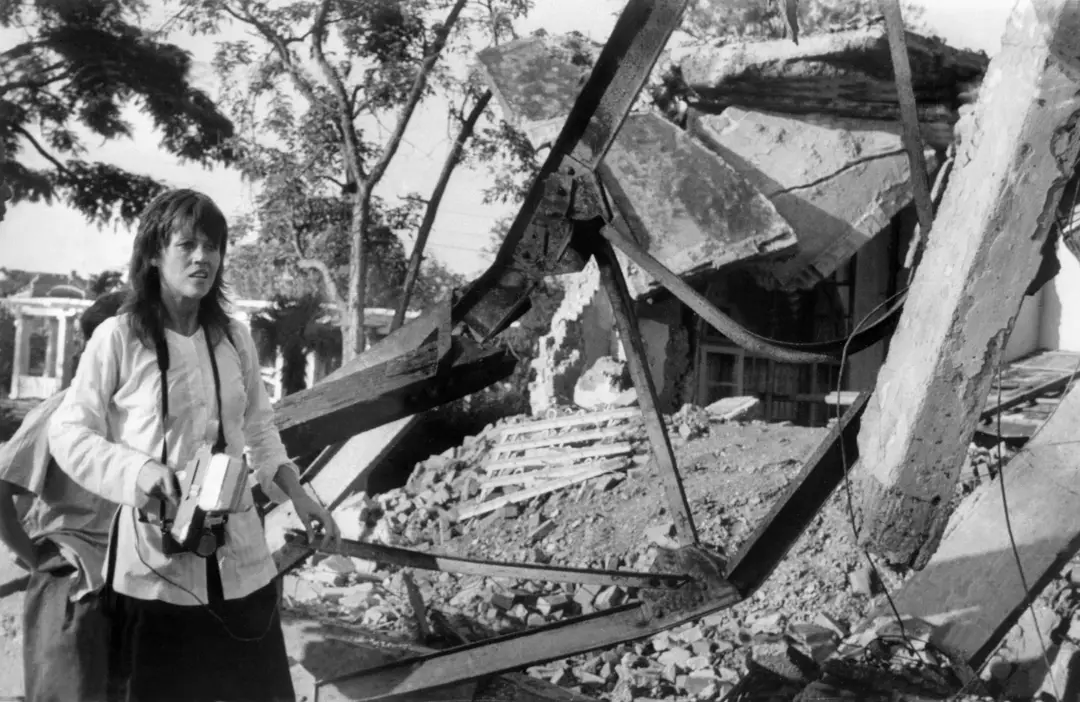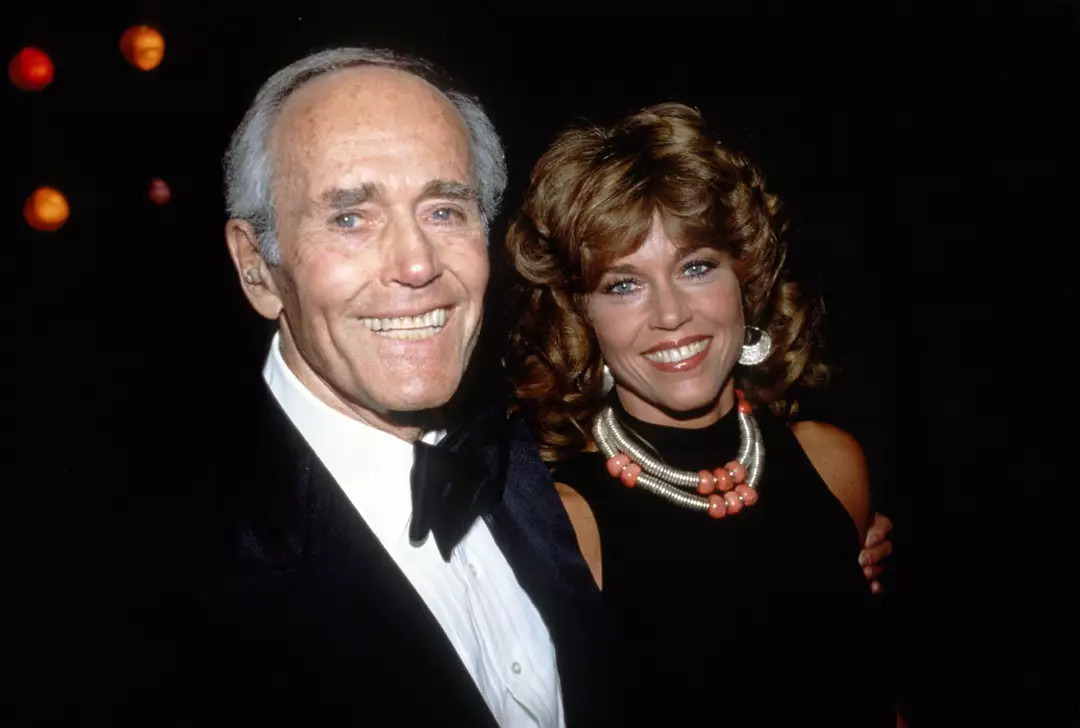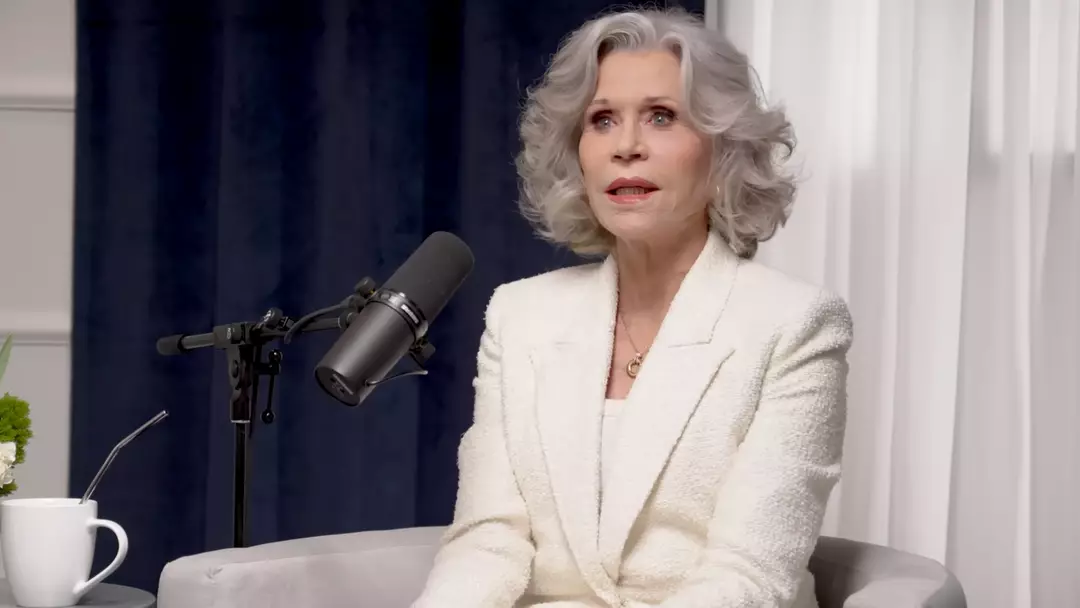Jane Fonda’s life journey has been nothing short of extraordinary. From acting alongside legends like Marlon Brando to facing backlash for her Vietnam visit, she’s navigated a complex path. However, it wasn’t her activism or fearless career choices that convinced her she wouldn’t see 30. In a recent episode of Michelle Obama’s podcast ‘The Look,’ Fonda, now approaching her 88th birthday, reflected on her tumultuous youth that was marred by substance abuse and isolation.
She candidly shared on the podcast, where she was joined by activist Bethann Hardison and Real Housewives of New York’s Jenna Lyons, “I’m not addictive, but I thought I was going to die from drugs and loneliness. So the fact that I’m almost 88 is astonishing to me.” Her early years, despite the shine of Hollywood, were shadowed by personal loss and sadness. “My mother died when I was 12,” Fonda recounted, shedding light on the tragedy of losing her mother, Frances Ford Seymour, who died by suicide in 1950 after enduring bipolar disorder and childhood trauma.

Despite these challenges, Fonda has chosen not to dwell on the past. Reflecting on her life, she expressed, “And what is even more astonishing is that I’m better now. I wouldn’t go back for anything. I feel more centered, more whole, more complete. I’m very happy. Single.” Michelle Obama, acknowledging Fonda’s strength, replied, “I’m a fan of you.”
The conversation deepened as Fonda discussed embracing mortality and aging.

“I’ve never been afraid of aging, and more importantly, I’m not afraid of dying,” she shared. Reaching 60 was a pivotal moment for her, marking what she called the start of her “final act.” This period prompted her to face the fear of dying with regrets, a lesson she learned from her father’s passing. “I watched my dad die with a lot of regrets,” she reflected on Henry Fonda’s death in 1982.
Fonda spoke of a poignant moment with her father before his death. “I was able to tell him that I loved him and that I forgave him for, you know, whatever didn’t happen.” It was an emotional exchange: “He didn’t say anything. But he wept. I had never seen that before. I’d never seen my father break down and weep. And I— it was, it was powerful.”

